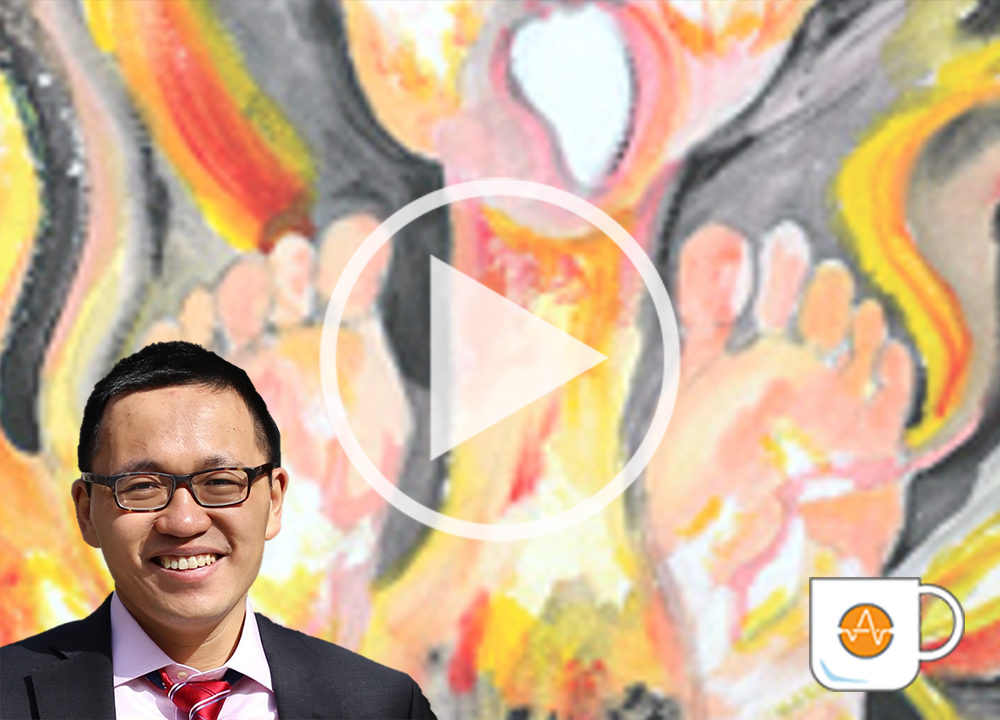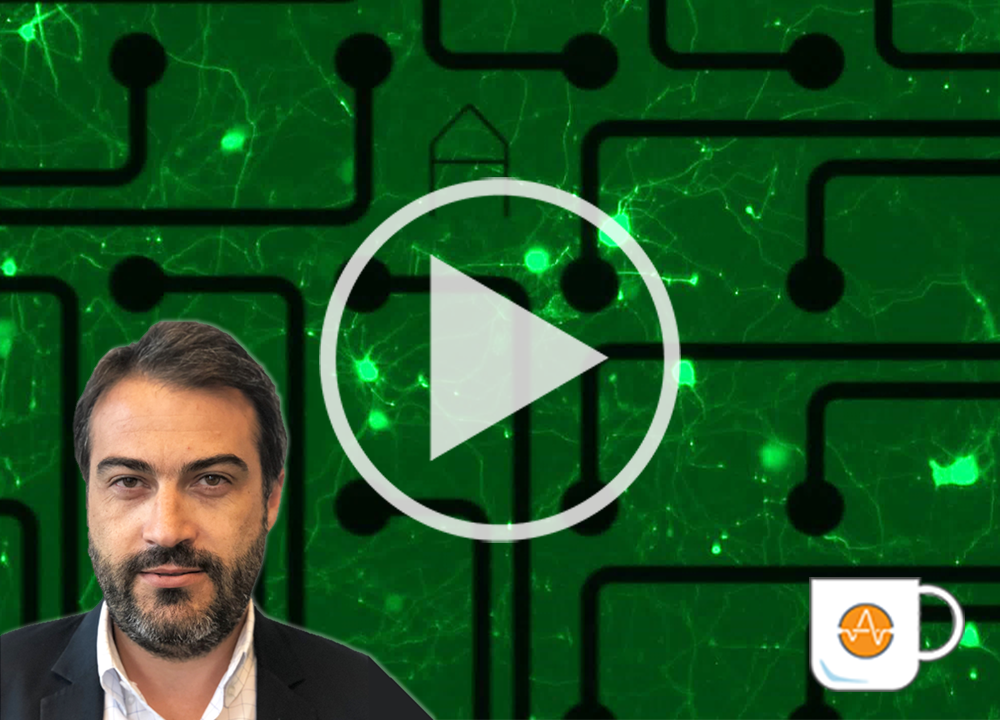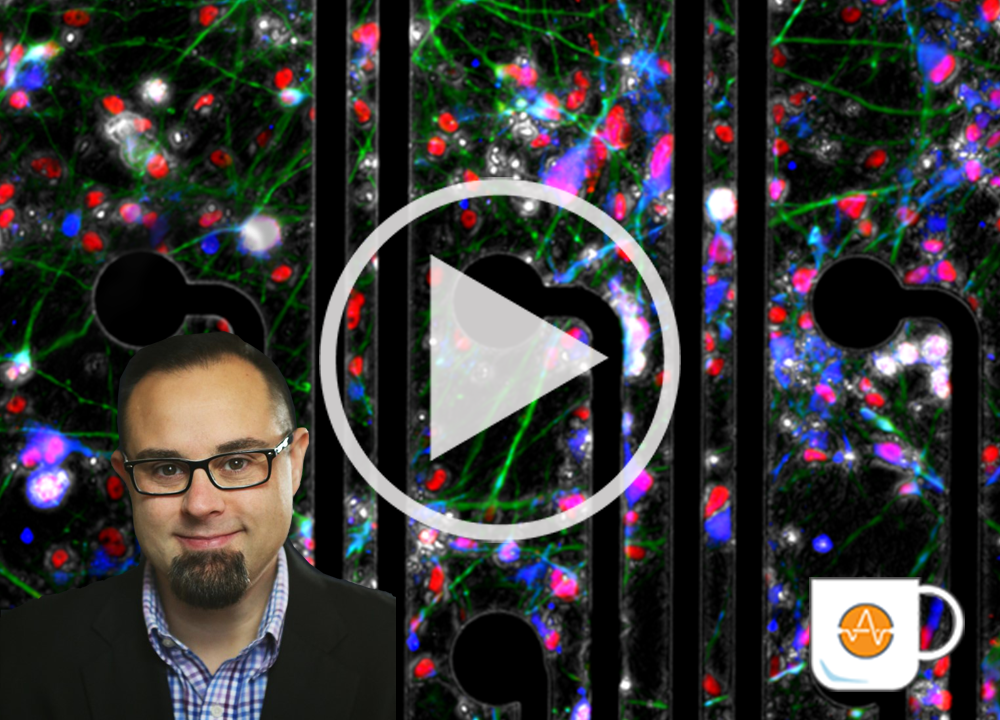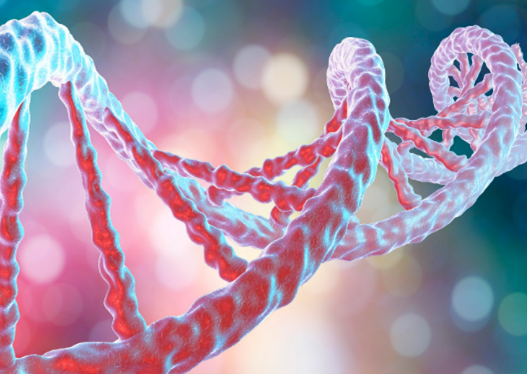
National DNA Day celebrates the impact of genomic research on human health. Building on the rapid growth in our understanding of genetics, cutting-edge platforms paired with advanced in vitro stem cell models are allowing scientists to recapitulate disease phenotypes and discover novel therapeutics that may revolutionize healthcare and improve the lives of countless people living with rare and genetic diseases.
Axion BioSystems is proud to support researchers around the world with next-generation Maestro and Omni systems designed to reveal disease mechanisms and explore groundbreaking personalized medicine solutions.
See how researchers are using our technology to support their therapeutic discoveries >>
Publications: Rare disease research and more
Cancer
- >> Retinoblastoma: Retinoblastoma from human stem cell-derived retinal organoids
Neuroscience
- 15q13.3 microdeletion syndrome:
- >> Impaired OTUD7A-dependent Ankyrin regulation mediates neuronal dysfunction in mouse and human models of the 15q13.3 microdeletion syndrome
- Alzheimer’s disease:
- >> Neurons derived from individual early Alzheimer’s disease patients reflect their clinical vulnerability
- Angelman syndrome:
- >> Elevated ROS levels during the early development of Angelman syndrome alter the apoptotic capacity of the developing neural precursor cells
- Bipolar disorder:
- >> Deficient LEF1 expression is associated with lithium resistance and hyperexcitability in neurons derived from bipolar disorder patients
- Charcot-Marie-Tooth disease:
- >> HDAC6 Inhibition Corrects Electrophysiological and Axonal Transport Deficits in a Human Stem Cell-Based Model of Charcot-Marie-Tooth Disease (Type 2D)
- Epilepsy:
- >> Cnksr2 loss in mice leads to increased neural activity and behavioral phenotypes of Epilepsy-Aphasia Syndrome
- >> Hyperexcitability and pharmacological responsiveness of cortical neurons derived from human iPSCs carrying epilepsy associated sodium channel Nav1.2-L1342P genetic variant
- Fragile X syndrome:
- >> Maturation Delay of Human GABAergic Neurogenesis in Fragile X Syndrome Pluripotent Stem Cells
- >> mGluR7 allosteric modulator AMN082 corrects protein synthesis and pathological phenotypes in FXS
- Leigh-like syndrome:
- >> Development of iPSC-based clinical trial selection platform for patients with ultrarare diseases (Leigh-like syndrome)
- Myoclonic epilepsy with ragged-red fibers (MERRF) syndrome:
- >> Mitochondrial impairment and synaptic dysfunction are associated with neurological defects in iPSCs-derived cortical neurons of MERRF patients
- PACS1 syndrome:
- >> iPSC-derived models of PACS1 syndrome reveal transcriptional and functional deficits in neuron activity
- Parkinson’s disease:
- >> Diverging Parkinson’s Disease Pathology between patient-derived GBAN370S, LRRK2G2019S and engineered SNCAA53T iPSC-derived Dopaminergic Neurons
- >> Impaired neuron differentiation in GBA-associated Parkinson’s disease is linked to cell cycle defects in organoids
- Phelan-McDermid syndrome:
- >> An IGFBP2-derived peptide promotes neuroplasticity and rescues deficits in a mouse model of Phelan-McDermid syndrome
- Rett syndrome:
- >> Calcium dependent hyperexcitability in human stem cell derived Rett syndrome neuronal networks
- >> Wide spectrum of neuronal and network phenotypes in human stem cell-derived excitatory neurons with Rett syndrome-associated MECP2 mutations
- Schizophrenia:
- >> Excitatory dysfunction drives network and calcium handling deficits in 16p11.2 duplication schizophrenia iPSC-derived neurons
- >> Human forebrain organoid-based multi-omics analyses of PCCB as a schizophrenia associated gene linked to GABAergic pathways
- Spinal muscular atrophy:
- >> Assessment of cerebral spinal fluid biomarkers and microRNA-mediated disease mechanisms in spinal muscular atrophy patient samples
- Succinic semialdehyde dehydrogenase deficiency (SSADHD):
- >> ALDH5A1-deficient iPSC-derived excitatory and inhibitory neurons display cell type specific alterations
Cardiovascular research
- ARVC:
- >> AAV9:PKP2 improves heart function and survival in a Pkp2-deficient mouse model of arrhythmogenic right ventricular cardiomyopathy
- Familial dysautonomia:
- >> Norepinephrine transporter defects lead to sympathetic hyperactivity in Familial Dysautonomia models
- Long QT syndrome:
- >> Genome Sequencing in a Genetically Elusive Multi-Generational Long QT Syndrome Pedigree Identifies a Novel LQT2-Causative Deeply Intronic KCNH2 Variant
- >> Using Ribonucleoprotein-based CRISPR/Cas9 to Edit Single Nucleotide on Human Induced Pluripotent Stem Cells to Model Type 3 Long QT Syndrome (SCN5A±)
- Noonan syndrome:
- >> Intronic CRISPR Repair in a Preclinical Model of Noonan Syndrome–Associated Cardiomyopathy

